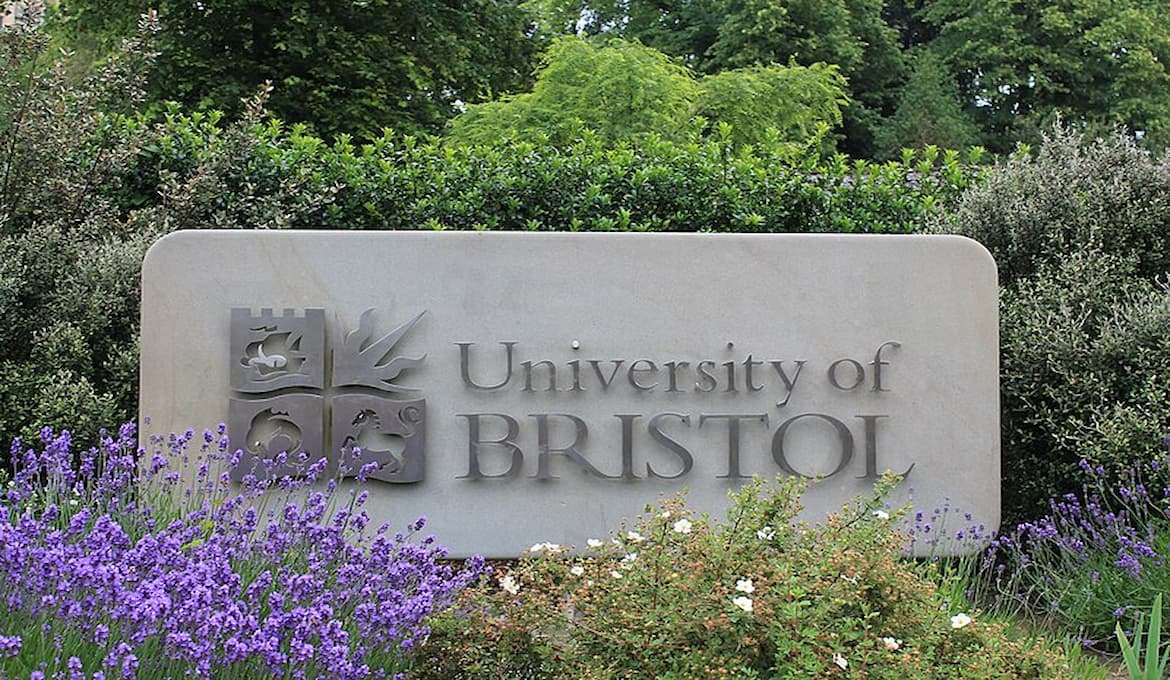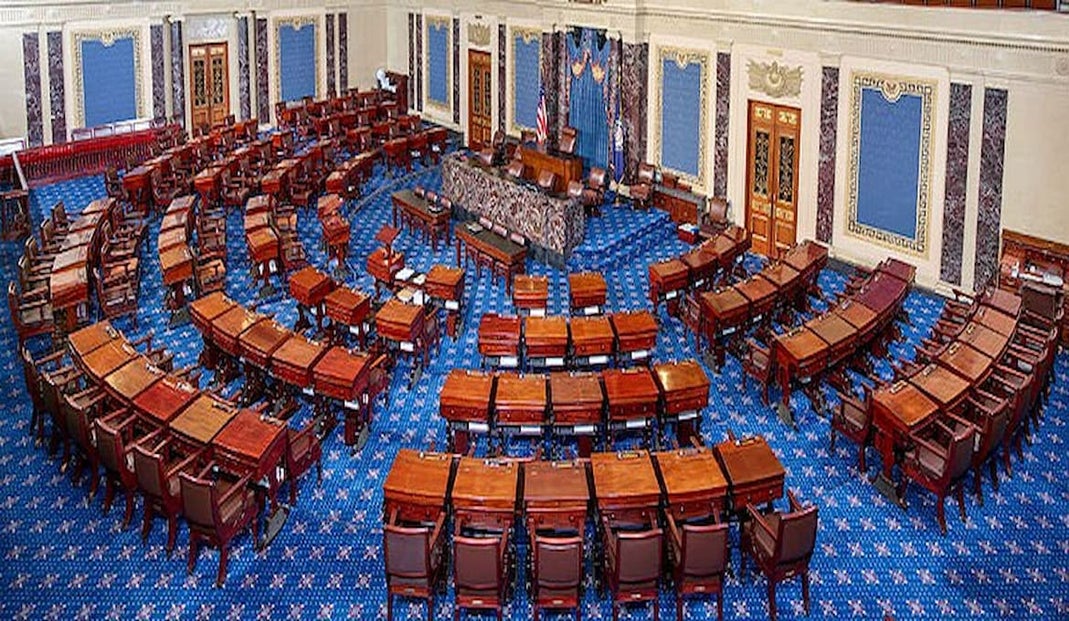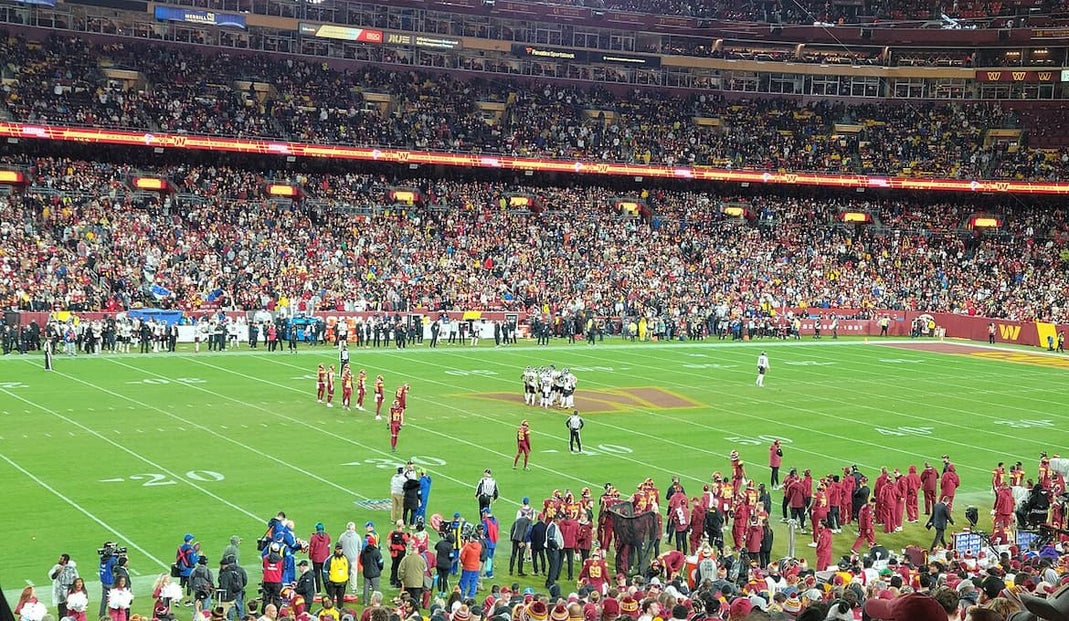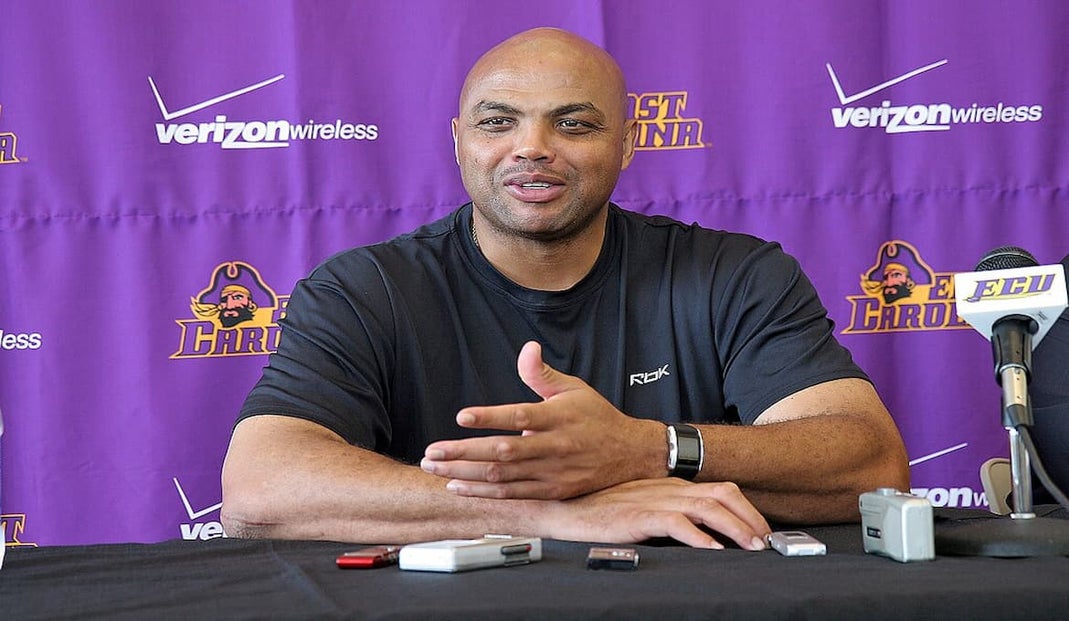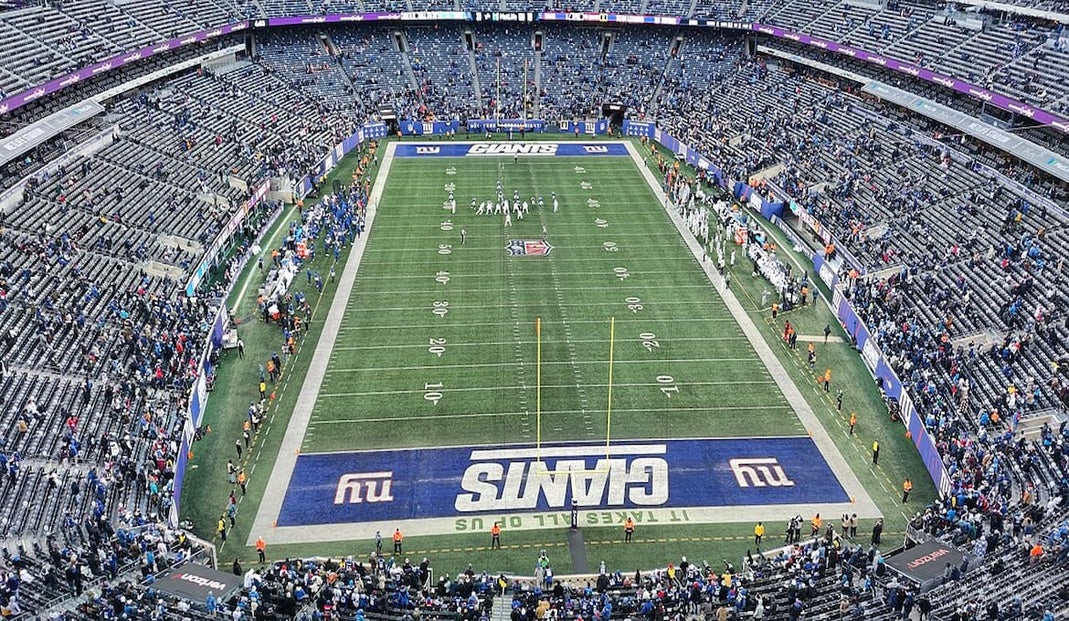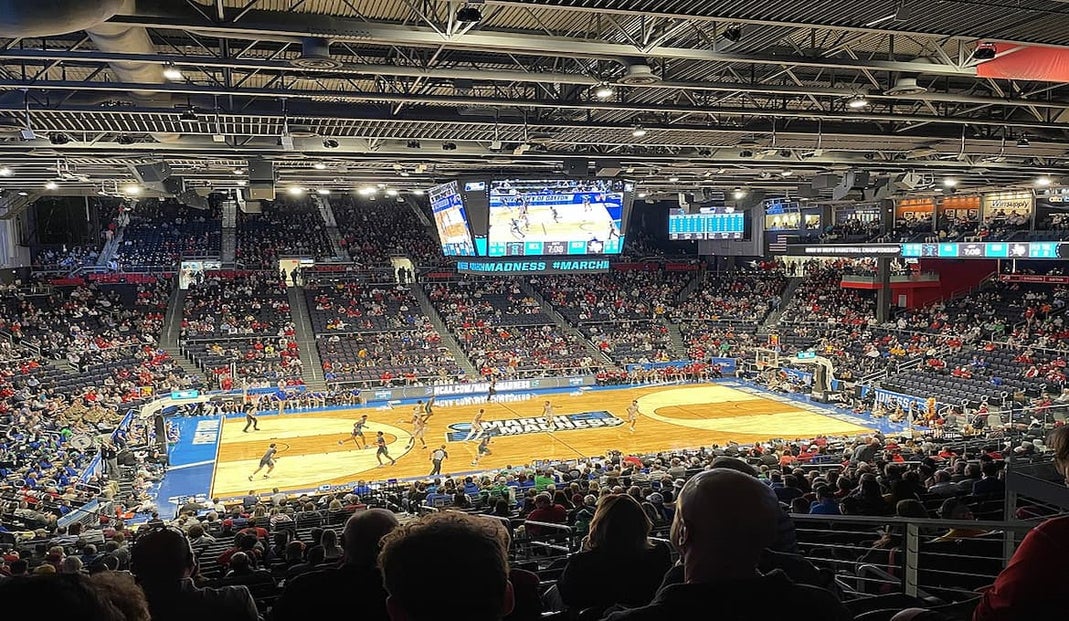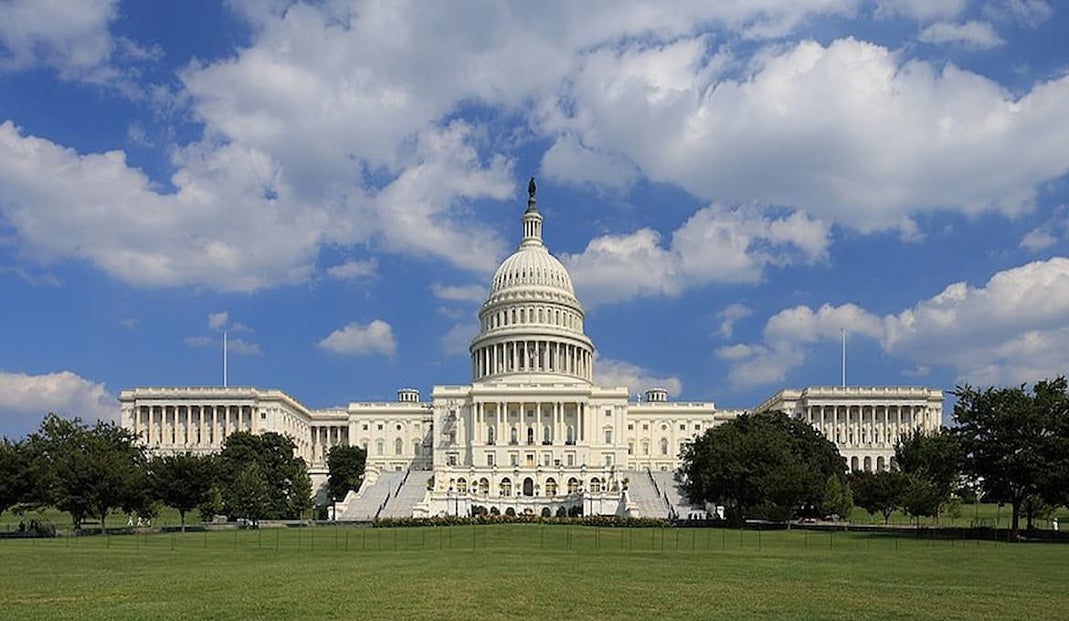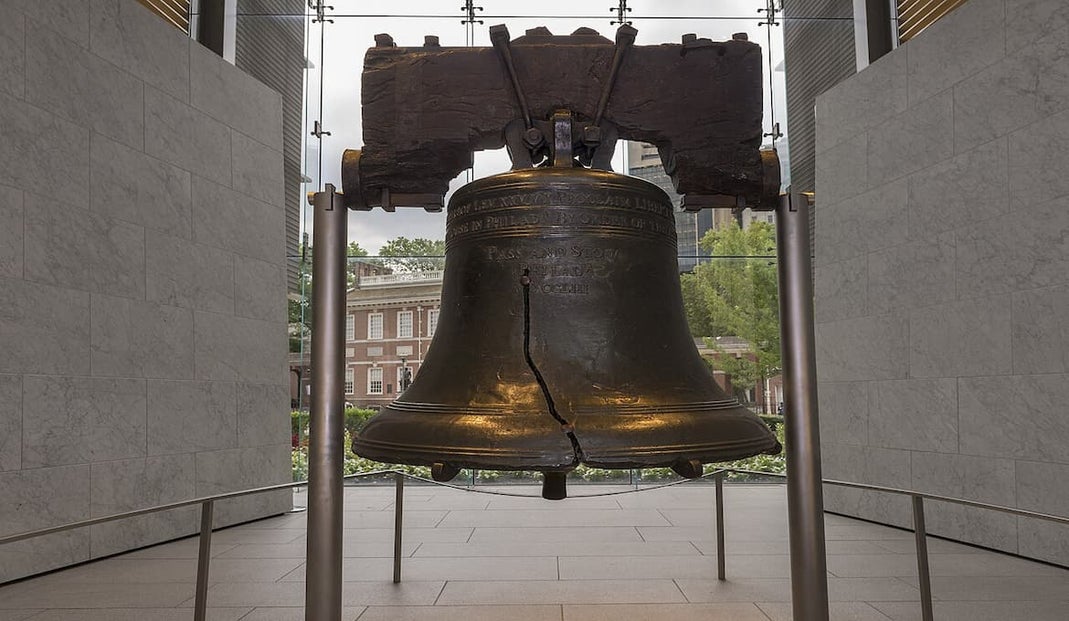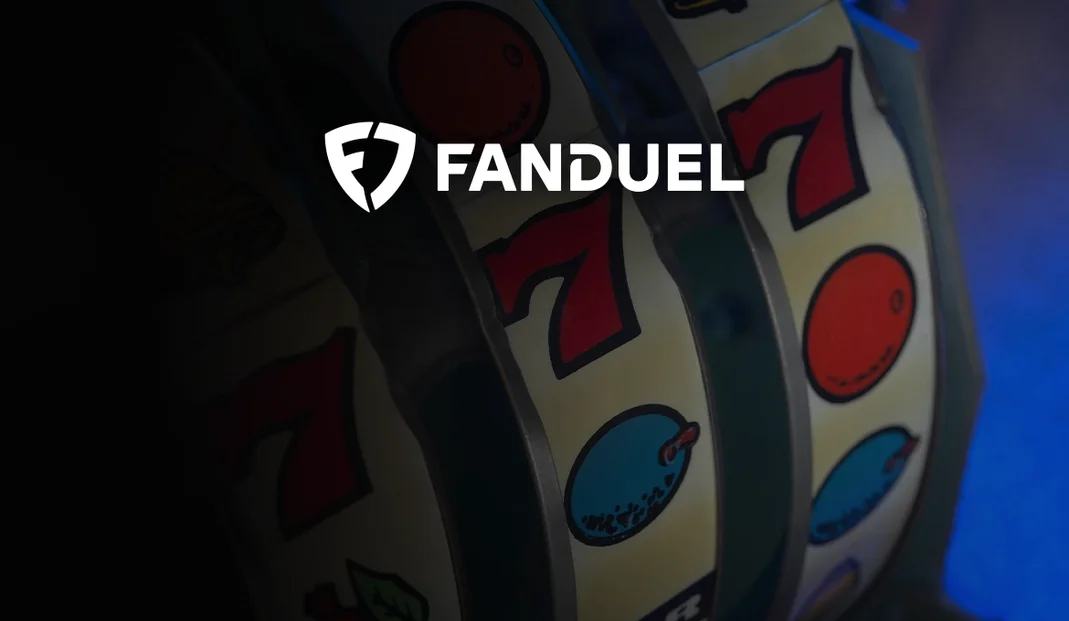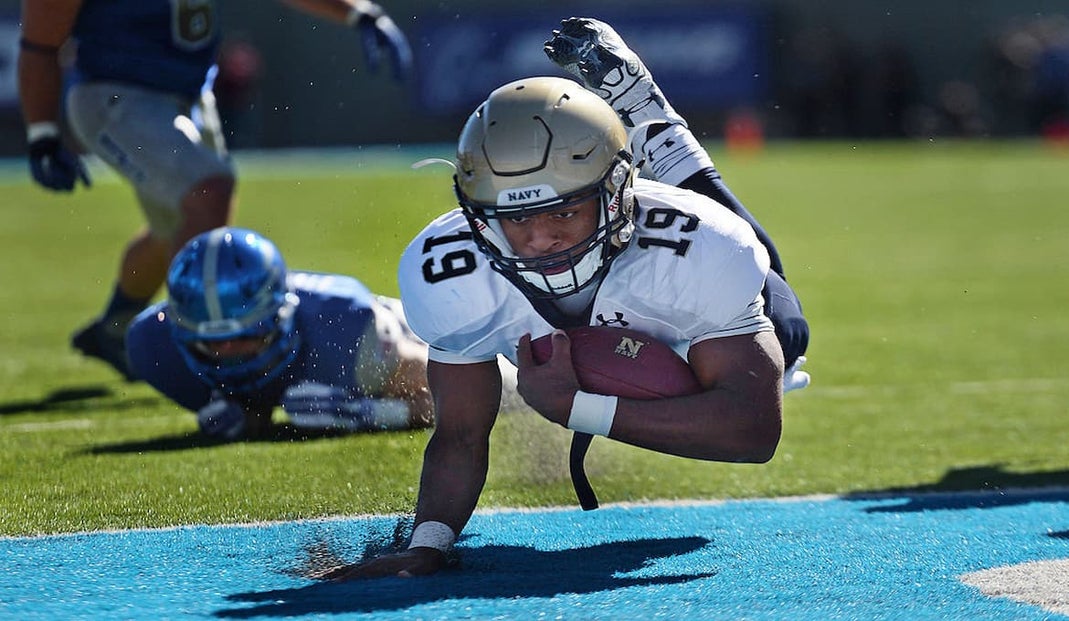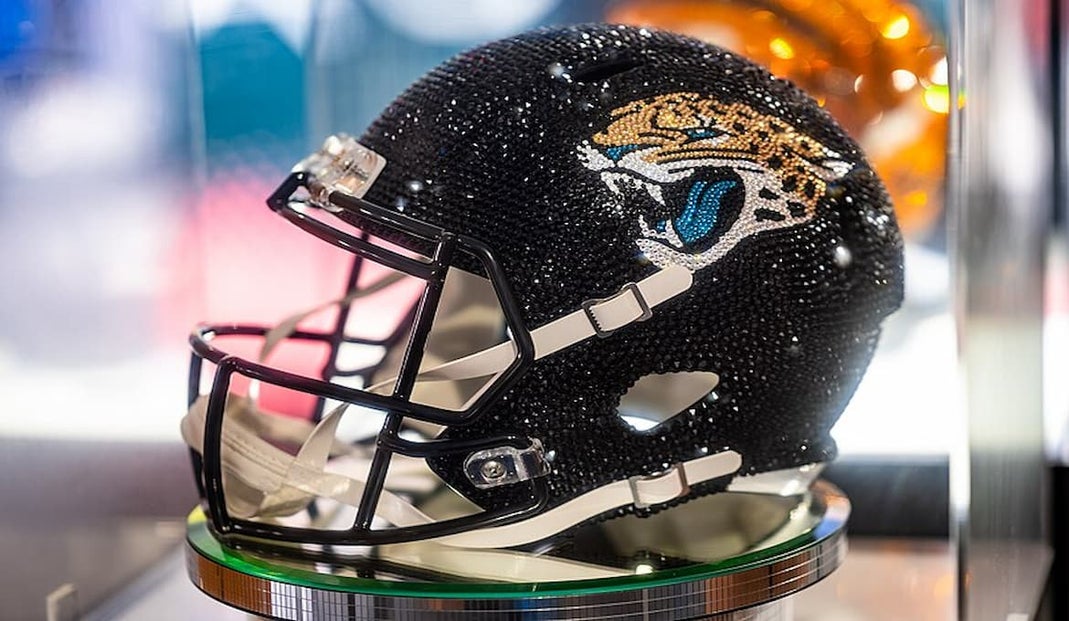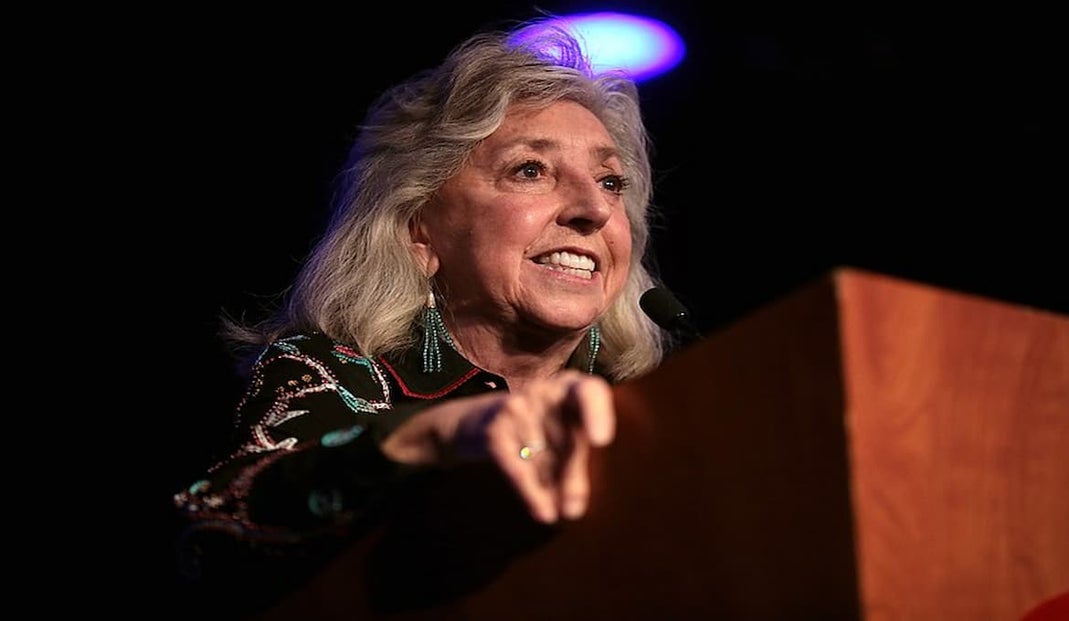Sportsbooks Are Using Legal Loopholes
The news comes at a bad time as the industry faces increased pressure to curb problem gambling. Many state regulators have been enforcing stricter rules around advertising, but operators have found a way around those regulations. That has led the American Gaming Association, which supports sports betting operators, to weigh in.
“Like companies across other industries, sports betting operators provide relevant, engaging content to customers designed to maintain brand awareness without promoting a specific offering that is covered by the code, like sports betting,” AGA VP Joe Maloney told The Guardian in an interview. “To describe the sharing of sports facts, schedules, or discussion topics via tweets and posts on social media platforms as advertising and thus applicable to our code is an irresponsible misinterpretation.”
University Questions What Qualifies as Advertising
While the AGA correctly cited US law in their response, the University of Bristol fired back. They shared that the four sportsbooks they studied averaged 237 social media posts per day. While many of those are not sponsored, they argue that the volume of posts should qualify them as advertisements.
Now, the issue will likely be left up to state regulators. They will either decide to make changes to curb this form of social media use or leave the system in place, siding with the AGA’s argument.
What Comes Next?
While the study delivered a scathing review of the industry’s commitment to responsible gaming, it does not carry any consequences for the operators involved. As the AGA said in their statement, what these operators are doing is technically legal.
The question now is what, if any, fallout will come of the Bristol study. While regulators will decide on an official response, expect some pro sports leagues to weigh in. Each major league has dealt with problem gambling and has worked to prevent it, and the NFL recently renewed a partnership to continue to promote responsible gaming.


